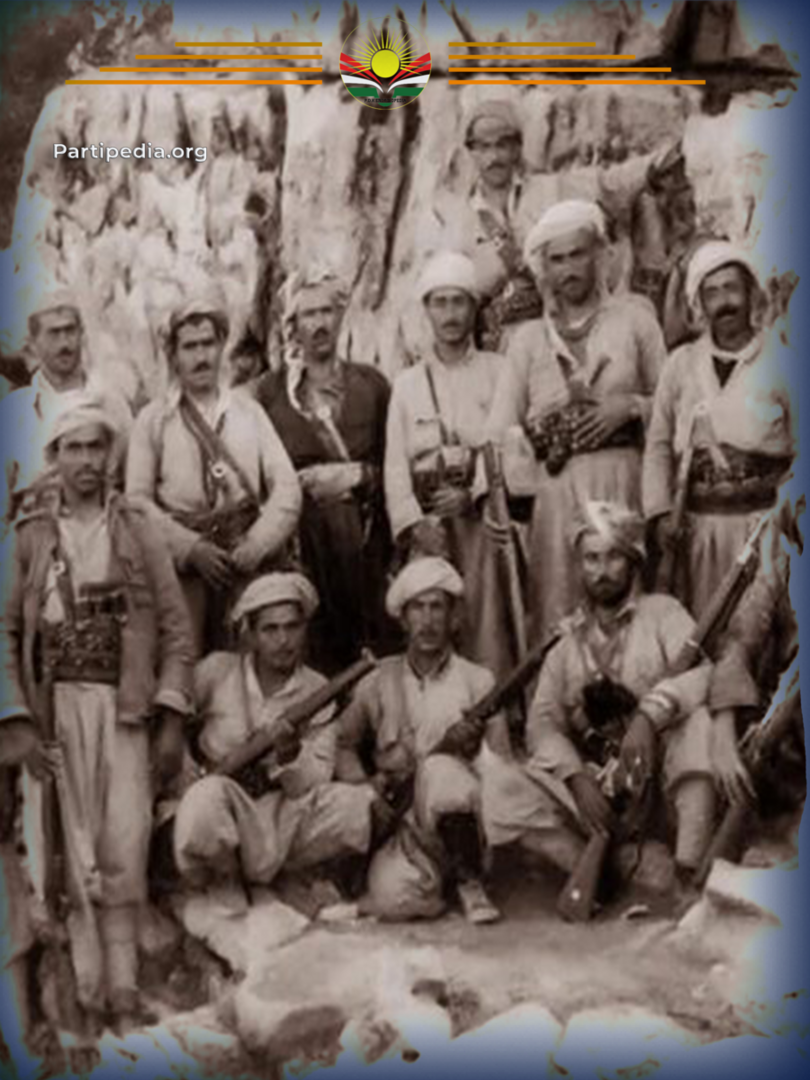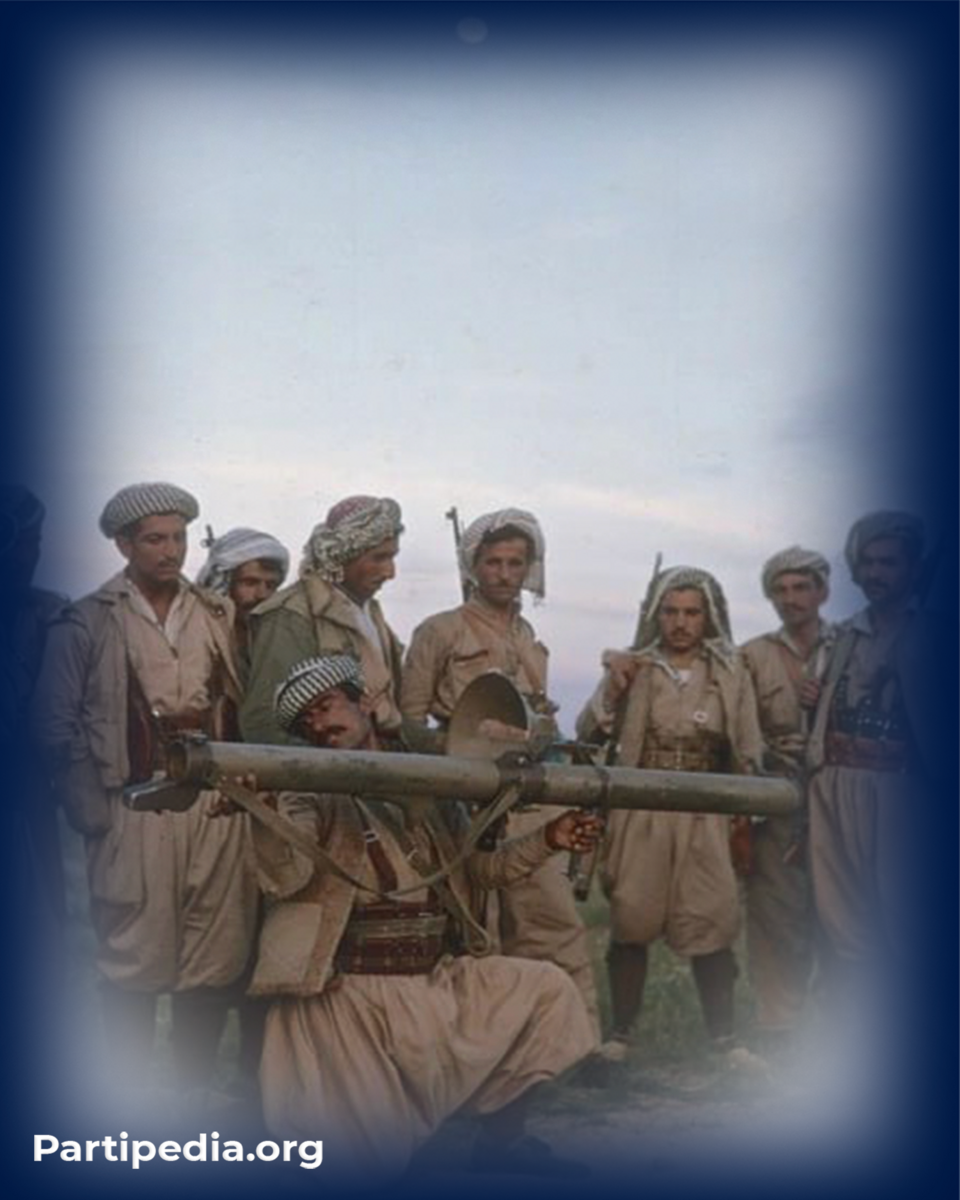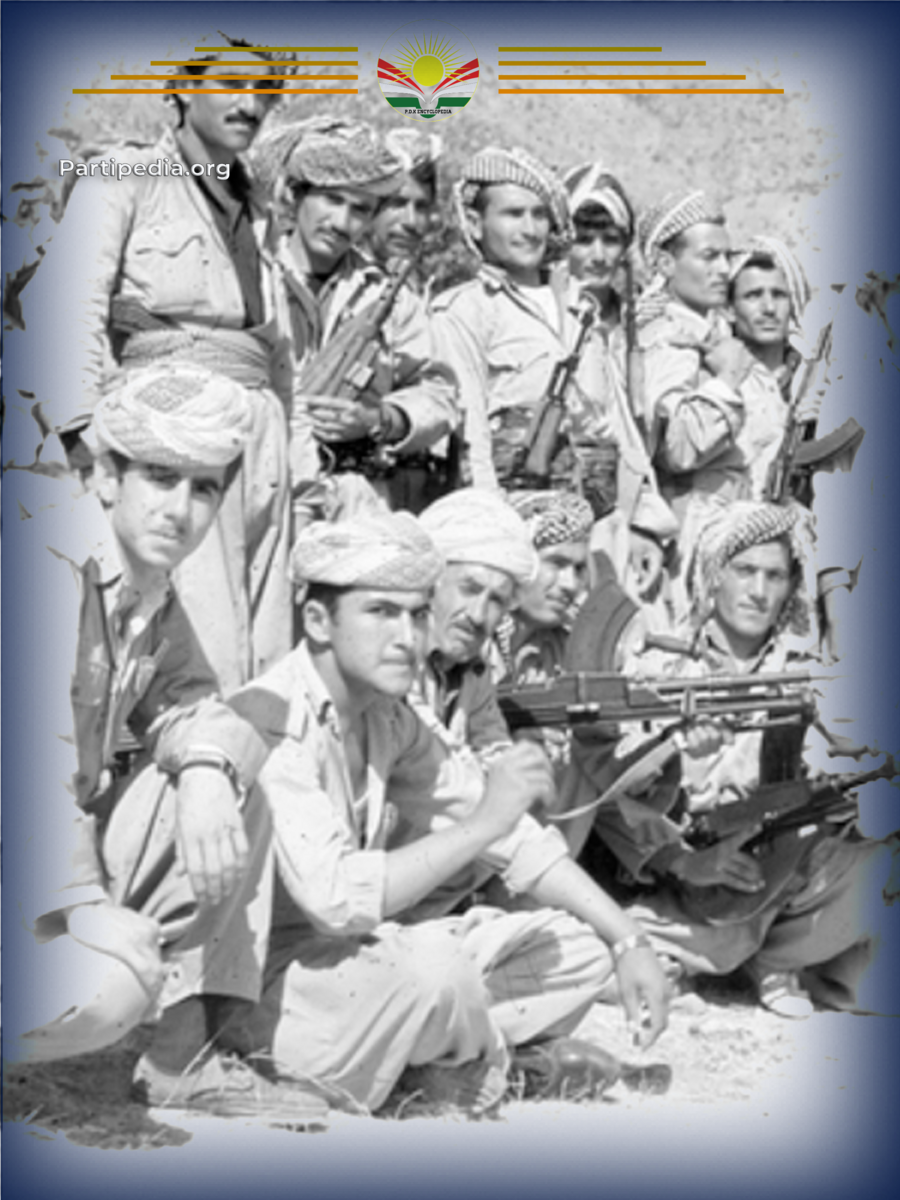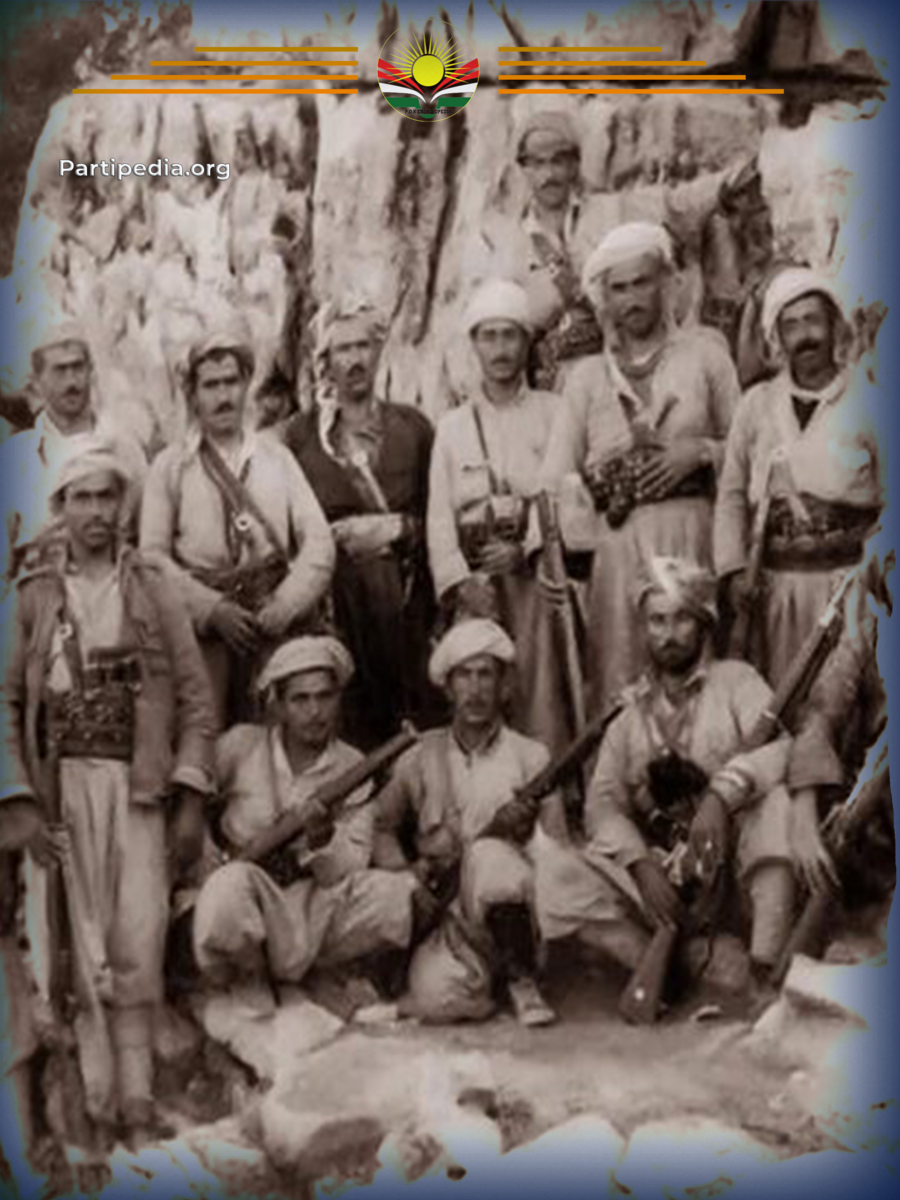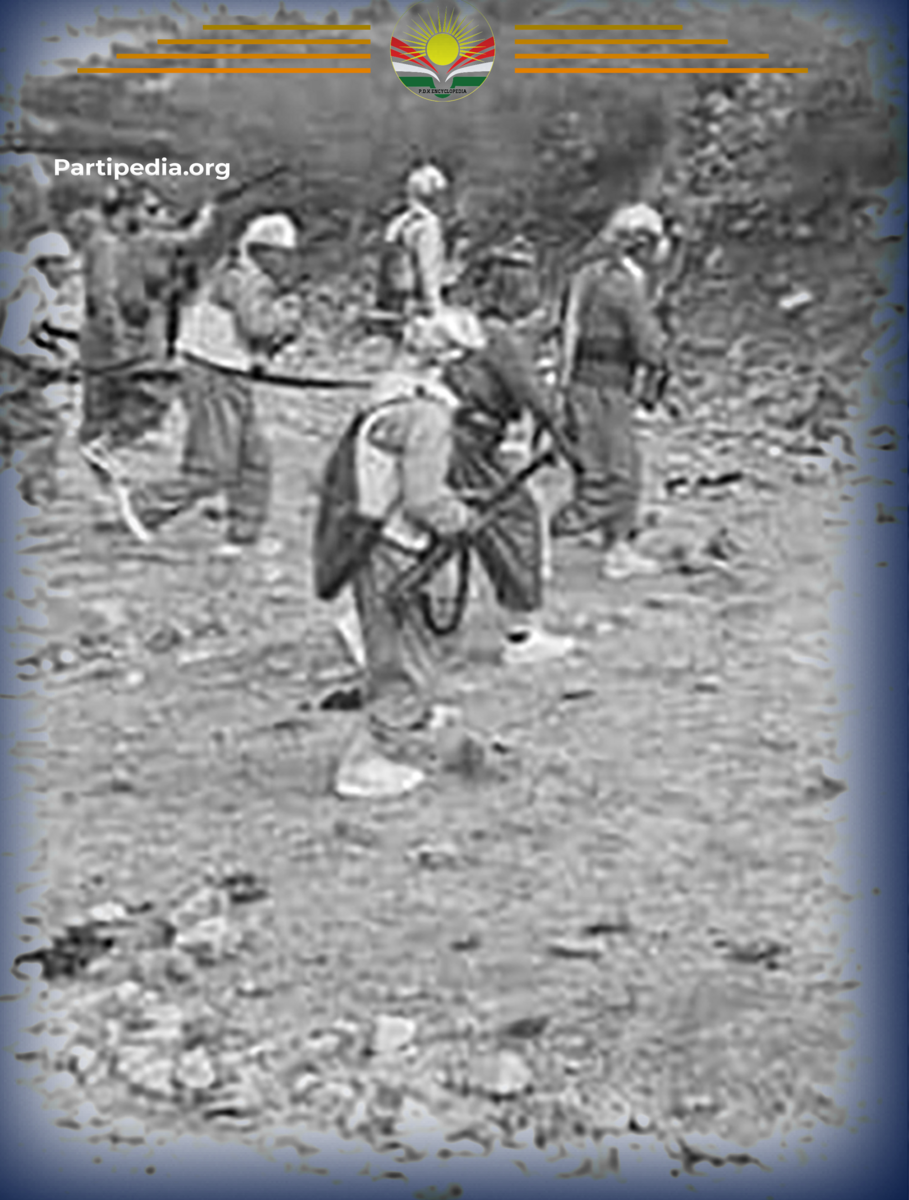After the coup d'état of July 17 and 30, 1968, which saw the return of the Ba'athists to power, Kurdistan found itself in a prolonged state of neither war nor peace with the Iraqi government forces. While direct conflict was limited, skirmishes between the army and the fighters of the Old Political Bureau continued intermittently. However, on November 10, 1968, the Ba'ath regime, in coordination with the forces of the Old Political Bureau wing, launched a full-scale assault on areas under the control of the revolution. By December 1969, their offensives had made significant territorial gains, capturing numerous cities and towns, including Qaradagh. The fall of Qaradagh was partly due to the treachery of two battalion commanders, Jaafar Barzanji and Kamil Mullah Wais, who betrayed their forces and handed over their positions to the mercenaries.
One key battle took place atop the Hallaj and Dabani Gawra mountains, areas previously seized by government forces and their mercenaries. The Kurdistan army was particularly determined to recapture this strategic location. The attack on these peaks was directly overseen by Idris Barzani, who was appointed by his father, revolutionary leader Mustafa Barzani, to lead the effort after several meetings among regional military leaders. Barzani quickly united his forces, devised a detailed strategy, and launched an assault. Within one hour and forty-five minutes, the Peshmerga forces had successfully captured the mountain peaks, restoring control to the revolutionaries.
Emboldened by this success, the revolutionary leadership decided to initiate a large-scale offensive to expel the government forces and their mercenaries from Qaradagh and surrounding regions. The 4th and 9th battalions were tasked with attacking from Barznj to the Sharazoor Plain, and from there, advancing toward Qaradagh. Simultaneously, an Erbil Plain force and the Rzgari force attacked from two fronts alongside the 5th Battalion of the Qaradagh force. One front advanced towards Qadir Karam and Sangaw, while the other targeted Bazian and Qaradagh. At this time, Lieutenant Tahir Ali Wali Beg commanded the 4th Battalion of the Qaradagh forces, while Aziz Qazi led the 9th Battalion.
The offensive was scheduled to begin between November 29 and 30, 1969, with all forces launching simultaneous attacks on key locations, including Qaradagh, Bazian, Sangaw, Qadir Karam, Duzkhurmatu, Kufri Kalar, Bawanur, and Darbandikhan. As planned, the Peshmerga forces made remarkable progress, recording great victories and reclaiming all the aforementioned areas from the government forces and their mercenary allies. This victory marked a decisive turning point. The Peshmerga forces inflicted heavy losses on the enemy, seizing significant amounts of weapons and ammunition, while the morale of the government forces and mercenaries completely collapsed. Unable to continue fighting, they retreated, marking a resounding victory for the Peshmerga.
The success was interpreted by the revolutionary leadership as a pivotal and decisive moment in the struggle. In recognition of the sacrifices made, Mustafa Barzani thanked all the forces involved in the battle. This operation also revealed the limits of the new Ba'ath regime's power. Despite their attempt to crush the Kurdistan Revolution with the support of the Old Political Bureau wing, their efforts ultimately failed, and the revolution endured.
Source:
1.kdp Encyclopedia Archive.




